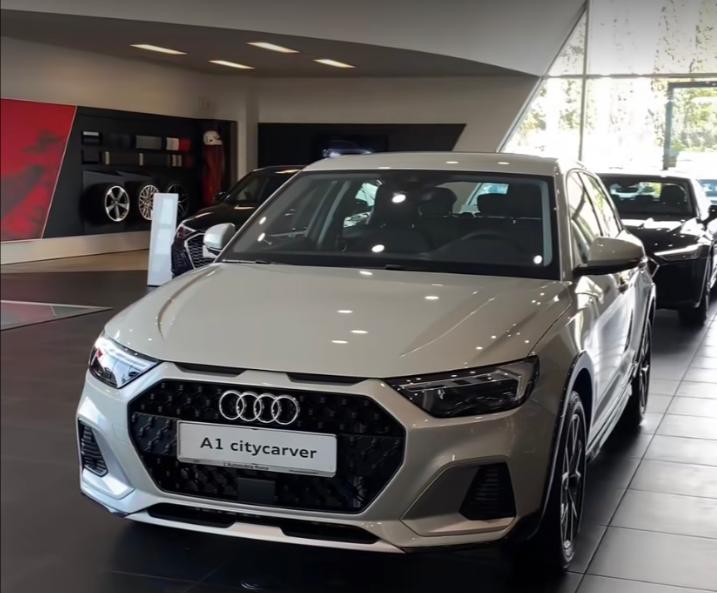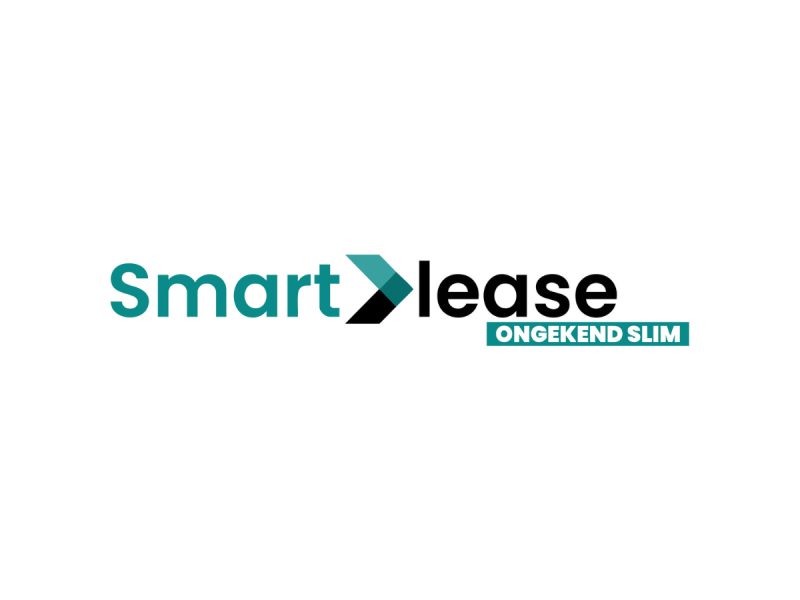
Halal Lease Explained – Understanding Islamic Car Leasing with Smart Lease

A Halal Lease is designed to comply with Islamic finance principles by avoiding interest (riba) and ensuring transparency in contractual terms. It allows Muslims to access vehicles without compromising their religious values. Unlike conventional leases, the agreement is structured so that the lessor owns the asset, and the lessee pays for its use in a way that is permissible under Shariah law. With companies like Smart Lease, drivers can enjoy modern leasing benefits while staying true to their faith.
Principles of Shariah-Compliant Car Leasing
Islamic car leasing is based on the Ijarah model, which translates to “hire” in Arabic. In this model, the leasing company purchases the vehicle and leases it to the customer for an agreed period. Payments are considered rent rather than interest-bearing repayments. This makes the Halal Lease not only religiously compliant but also transparent and fair for both parties.
Avoiding Riba in Vehicle Financing
One of the primary goals of a Halal Lease is to eliminate riba, or interest, which is prohibited in Islam. Instead of charging interest on borrowed money, the lease agreement is structured so that the payment reflects the actual value of using the vehicle over time. This difference ensures that the transaction remains permissible and free from exploitation.
Ownership Structure in Islamic Leasing
In a Shariah-compliant car lease, the ownership remains with the leasing company throughout the lease term. The lessee simply has the right to use the vehicle. At the end of the agreement, there may be an option to purchase the vehicle at a pre-agreed price. This approach keeps the financial arrangement in line with Islamic jurisprudence while providing flexibility for the customer.
Transparency and Fair Terms in Halal Lease Agreements
A Halal Lease emphasizes clarity in every clause of the contract. The lease must clearly define the responsibilities of each party, including maintenance costs, insurance requirements, and end-of-lease options. This transparency prevents disputes and aligns with the Islamic principle of avoiding gharar (excessive uncertainty) in transactions.
Risk and Responsibility in Islamic Leasing
Islamic leasing distributes risk in a fair way. Since the leasing company is the owner of the vehicle, it bears certain ownership risks, such as depreciation or unforeseen defects, while the lessee is responsible for proper use and timely payments. This balance of responsibility makes the Halal Lease an equitable option.
Payment Structures Without Interest
Payments in a Halal Lease are not calculated on the basis of an interest rate. Instead, they are fixed amounts agreed upon at the start of the contract. This prevents financial surprises and ensures the customer is paying for use rather than for borrowed money. For customers, this predictability brings peace of mind and financial stability.
Maintenance and Insurance in Shariah-Compliant Leases
In a Shariah-compliant lease, the owner—usually the leasing company—is responsible for major maintenance unless otherwise agreed upon. Insurance must also be compliant with Islamic principles, often provided through Takaful (Islamic insurance). These details are part of the unique structure that makes a Halal Lease different from conventional leasing.
The Role of Smart Lease in Providing Halal Leasing Options
Smart Lease has become a trusted provider for customers seeking ethical and Islamic-compliant vehicle leasing. By offering transparent agreements, Shariah-compliant insurance options, and flexible end-of-lease choices, Smart Lease caters to the growing demand for values-based financing. This ensures that customers do not have to choose between convenience and their beliefs.
Accessibility of Halal Lease for All Drivers
While designed with Muslim customers in mind, a Halal Lease can be beneficial for anyone who prefers interest-free transactions and transparent contracts. The ethical structure appeals to drivers who value fairness, clarity, and shared responsibility in their financial arrangements.
End-of-Lease Options in Islamic Car Leasing
At the end of the lease term, the lessee can either return the vehicle, renew the lease, or purchase the vehicle at a predetermined price. This flexibility is part of what makes a Halal Lease attractive—it offers multiple paths without imposing hidden fees or interest-based penalties.
Economic Benefits of Choosing a Halal Lease
By removing interest charges, the total cost of a Halal Lease can be competitive with or even lower than that of a conventional lease. This can make it an economically sound decision, especially for customers who want predictable costs and ethical financing.
Social Responsibility and Ethical Finance
Opting for a Halal Lease also supports the broader movement toward ethical finance. This model ensures that all parties benefit fairly and that no one is exploited through hidden charges or unfair interest rates. It reflects the Islamic finance principle of promoting mutual benefit and social justice.
Growing Popularity of Shariah-Compliant Car Leasing
Demand for Halal Lease options is rising worldwide as more people learn about the benefits of Islamic finance. This trend is driven by both religious observance and the appeal of ethical, transparent financial products. Companies like Smart Lease are at the forefront of meeting this demand.
Integrating Modern Technology into Halal Lease Services
Modern leasing platforms now incorporate digital signing, online payment systems, and vehicle tracking—all within a Shariah-compliant framework. This means that a Halal Lease can offer the same convenience as any modern leasing service while maintaining Islamic values.
Legal Compliance in Islamic Leasing Agreements
A Halal Lease must comply with both local laws and Islamic finance regulations. This dual compliance ensures that customers are protected under national consumer rights while also fulfilling religious obligations. It also builds trust between the customer and the leasing company.
Differences Between Halal Lease and Conventional Lease
The key differences lie in ownership structure, payment calculation, and contract transparency. While conventional leases often involve interest and complex terms, a Halal Lease removes riba and ensures all parties fully understand their rights and obligations.
Long-Term Value of Islamic Leasing
Customers who choose a Halal Lease often find value beyond the lease term. The fairness, predictability, and ethical foundation can lead to better financial planning and a stronger sense of integrity in business dealings.
The Future of Halal Car Leasing
With increasing awareness of ethical finance, the Halal Lease model is expected to grow and evolve. More companies will adopt Shariah-compliant practices, making it easier for customers to find ethical options for vehicle financing. In this way, Islamic car leasing is not just a niche product—it’s part of a larger movement toward fairer, more responsible financial systems.
